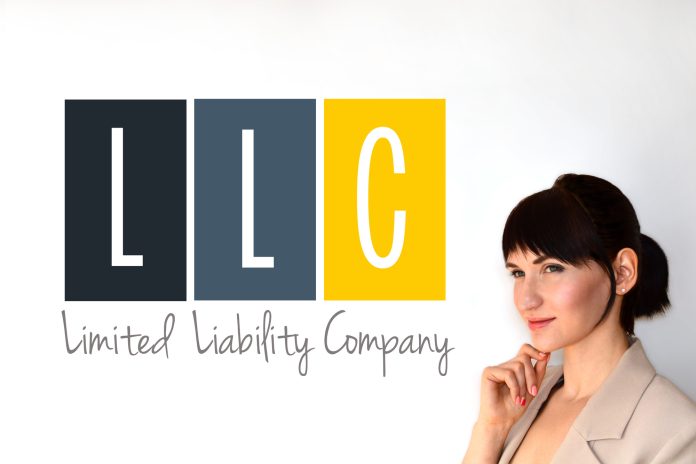Sole proprietorship vs limited liability company: which way to go?
Choosing a suitable structure for your business is one of the most important decisions you have to make when you’re in the startup phase. There are four common types of business structures: sole proprietorship, partnership, limited liability company, and corporation.
In this article, our focus is on LLC vs sole proprietorship, two of the most common types of business structures. Read on to learn more about the pros and cons of these structures, as well as what to consider before making a choice.
The Pros and Cons of a Sole Proprietorship
A sole proprietorship is the most common business structure, and that’s largely because of how easy it is to set up. In fact, you don’t need any special knowledge to become a sole proprietor. All you need to do to apply for sole proprietorship is provide a business name and address to the relevant authority in your locality.
The business is not subject to any form of corporation taxes, there’s no requirement to make annual reports, and you’re in charge of the recordkeeping. As such, this is the cheapest business structure to run, making it ideal for entrepreneurs who’re on a shoestring budget.
On the downside, a sole proprietorship doesn’t give the owner any form of liability protection. You’re the business. Legally, it’s not a separate entity. This means you can be held liable for the actions of the business. Creditors, for instance, can come after your personal assets if you default on the loans you took on behalf of the business.
Also, there’s a sense of unprofessionalism that comes with being a sole proprietor. This can work against you if you run a B2B model. Clients can choose not to work against you simply because you’re a sole proprietor.
The Pros and Cons of an LLC
A limited liability company is an independent legal entity. It requires a bit more paperwork and costs more to set up, but it provides significant advantages over a sole proprietorship.
An LLC provides some liability protection. As an LLC owner or member, you can’t be held liable for the company’s debts beyond the extent of your shareholding. This is to say, you can lose what you had invested in the company, but no one will come after your personal assets.
An LLC offers pass-through taxation. However, when it comes to raising money for the business, investors might be reluctant to invest. Investors prefer putting money into corporations.
Unlike a sole proprietor, an LLC owner can’t take a wage from the company. And if the LLC has several members, ownership is spread, which means members could have different opinions on how the company should be run.
LLC vs Sole Proprietorship: Have Your Pick
In the LLC vs sole proprietorship contest, each structure has its own share of pros and cons. If you’re a small retail business, such as a neighborhood coffee shop, you might start out as a sole proprietor. As your business grows, though, there’s a need to adopt a more robust structure, such as LLC.
Subscribe to our blog for more business tips and advice.










